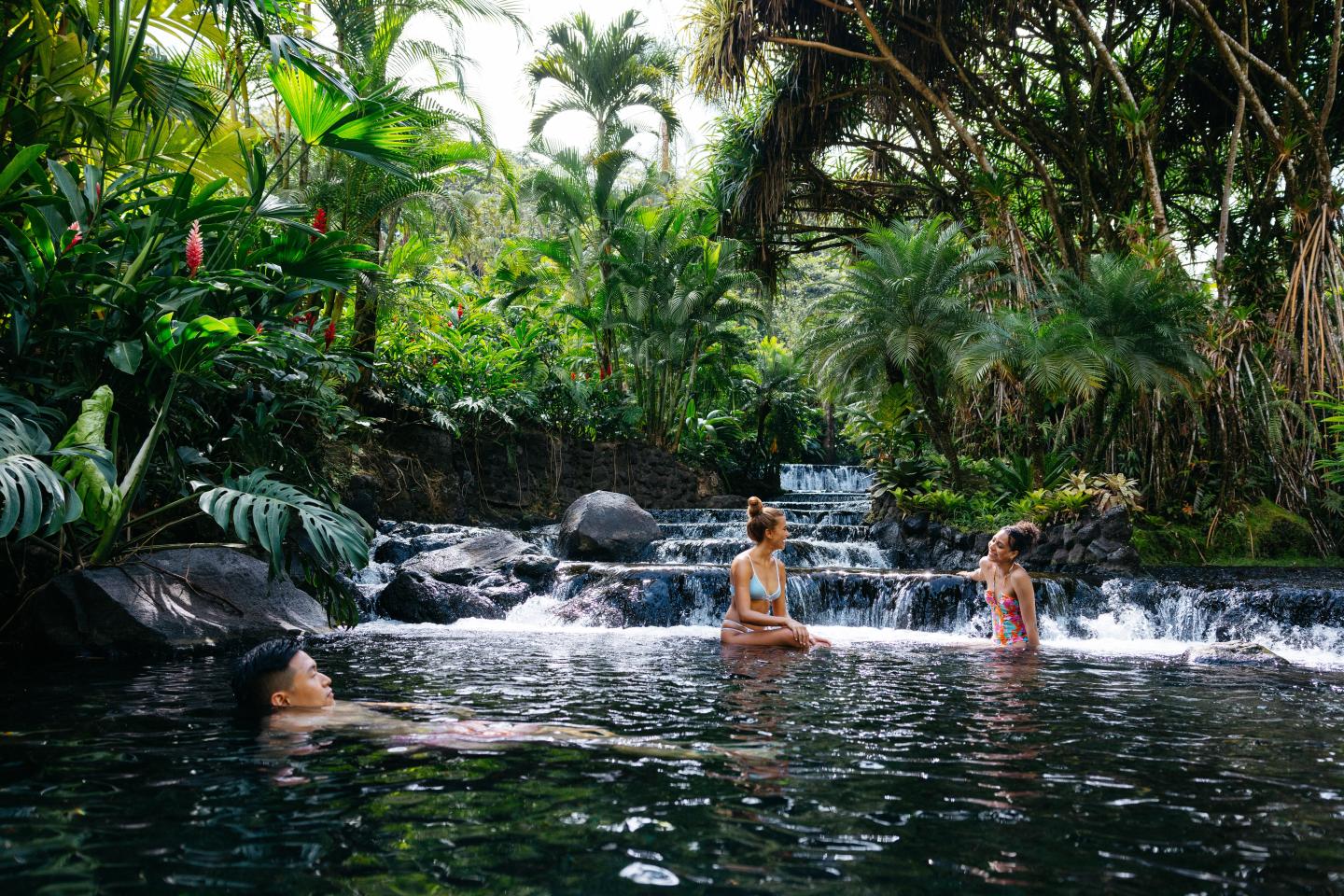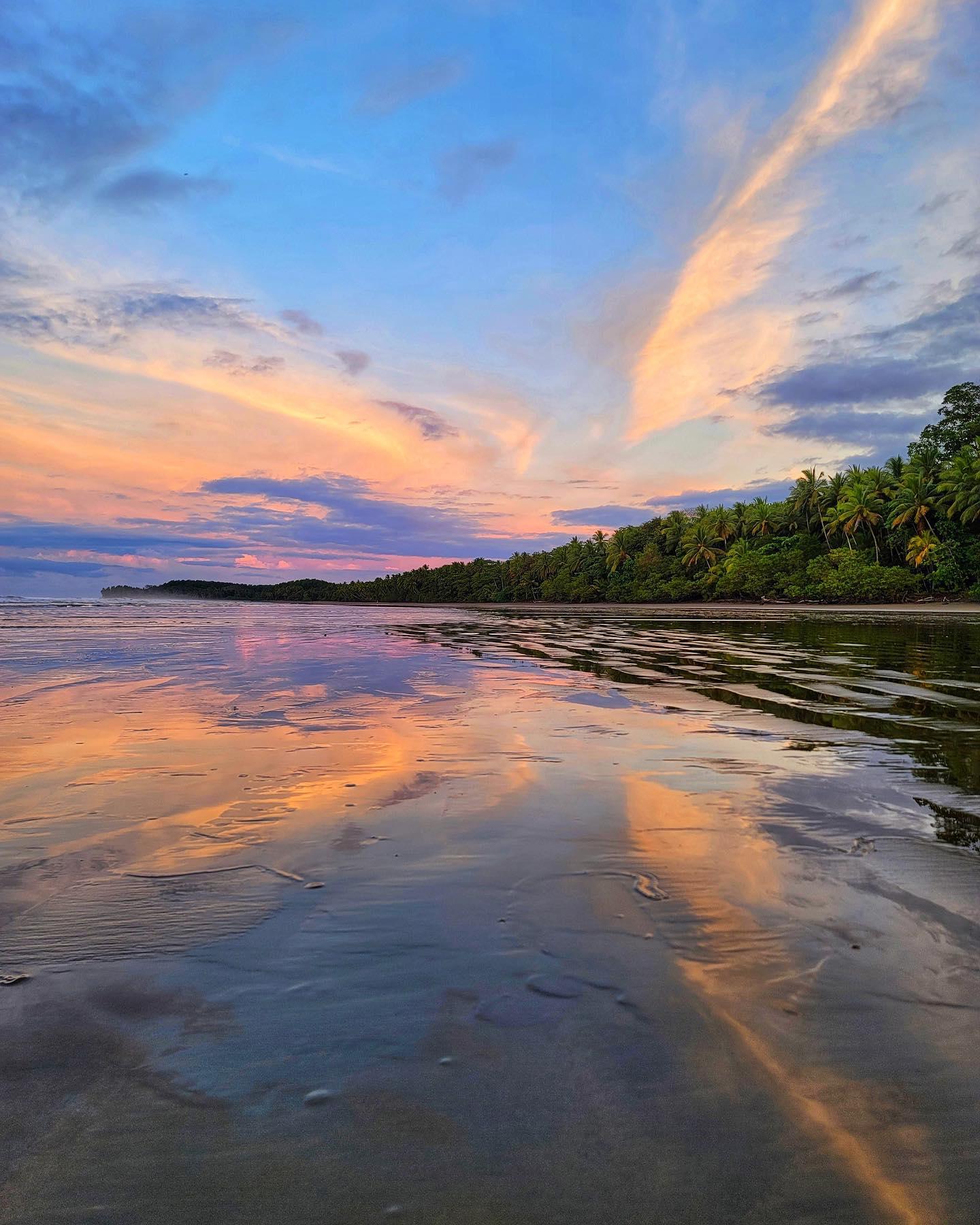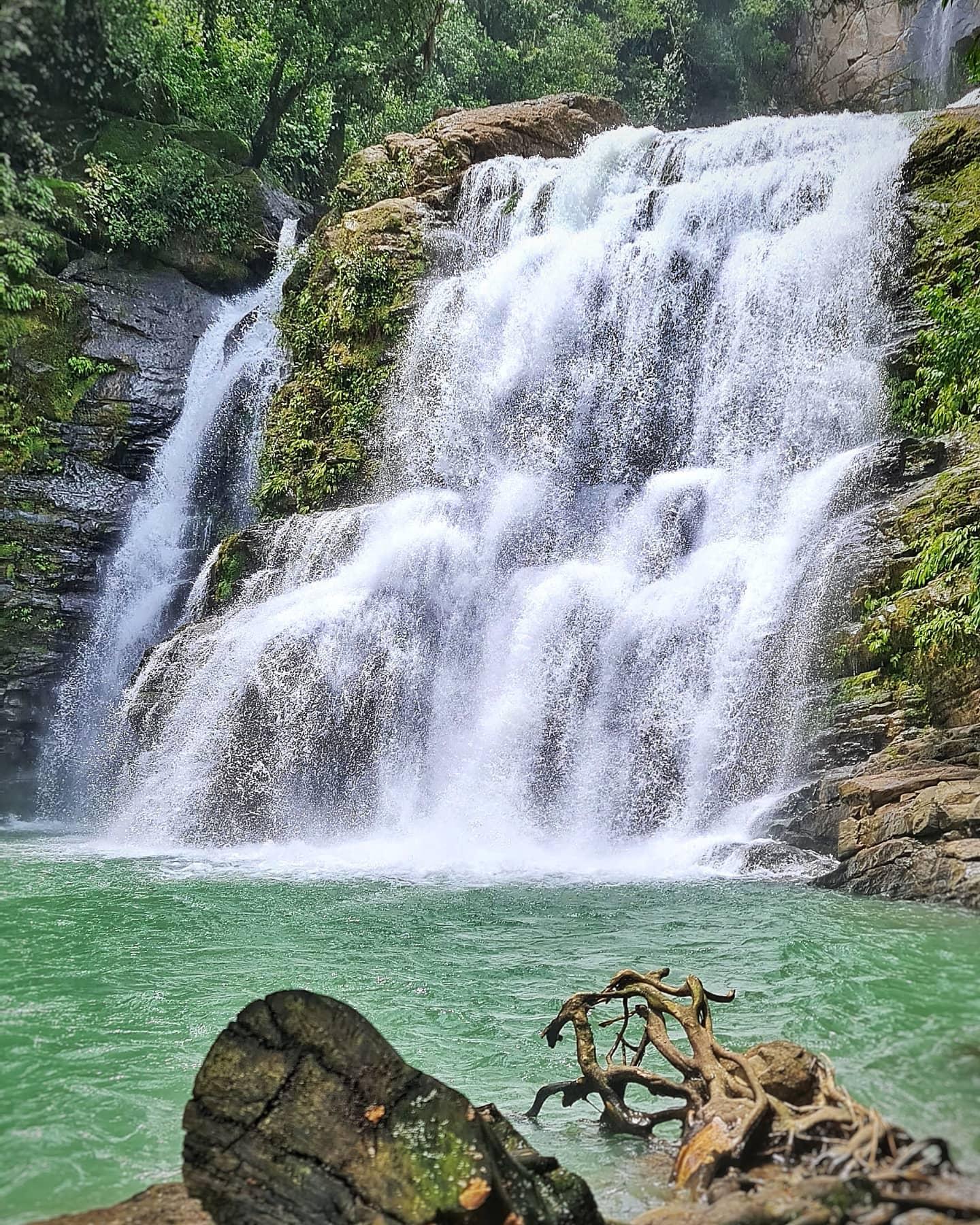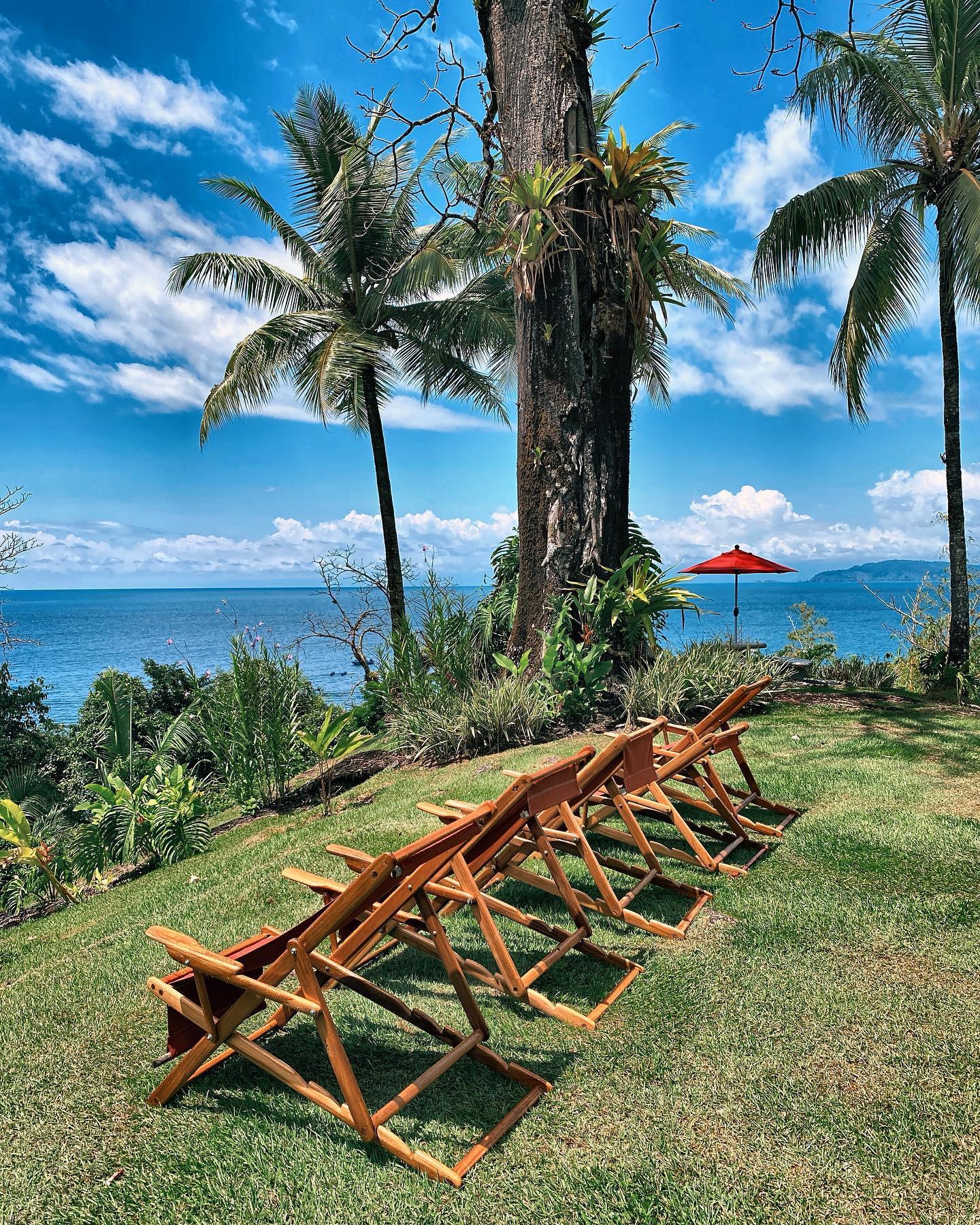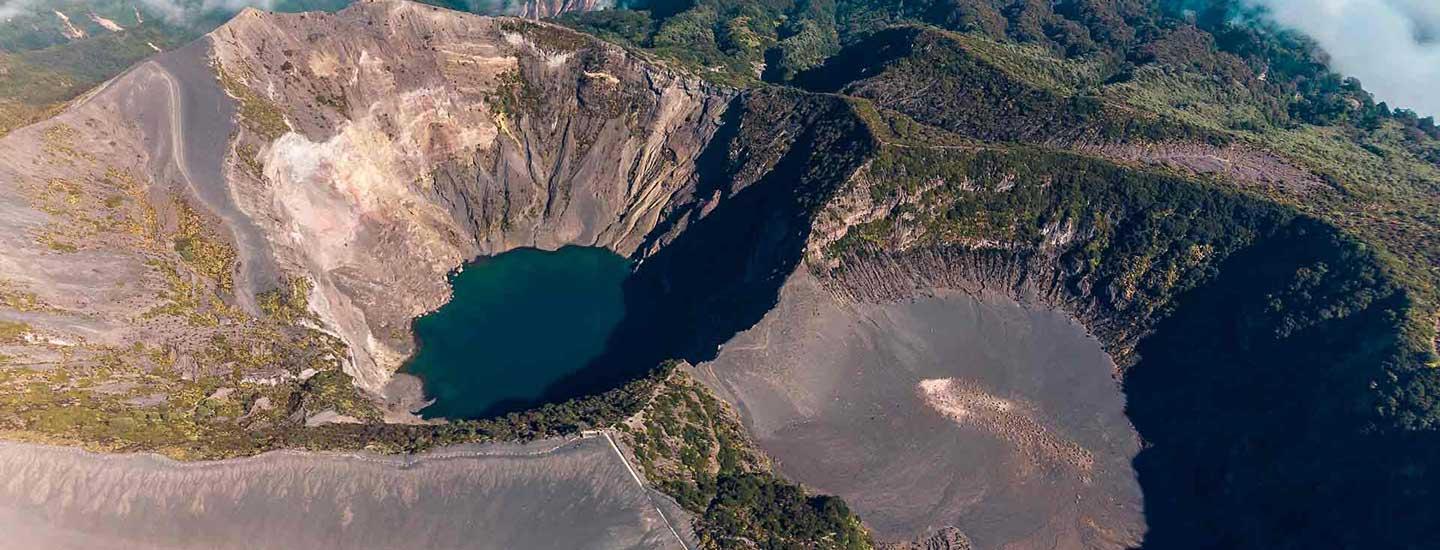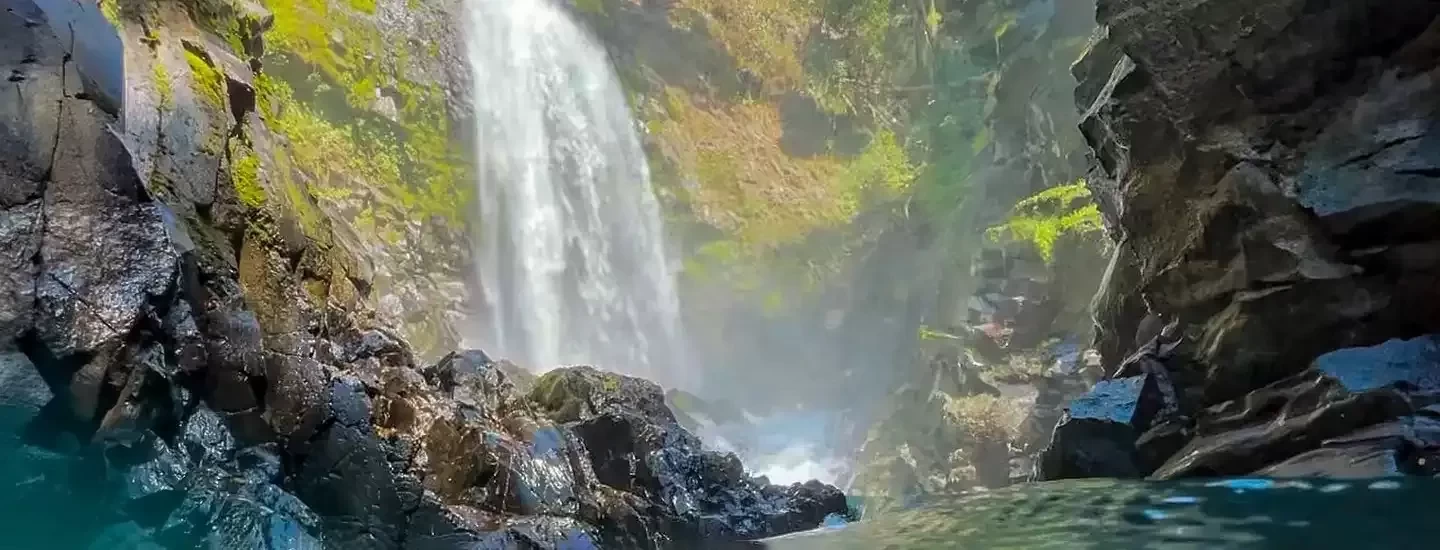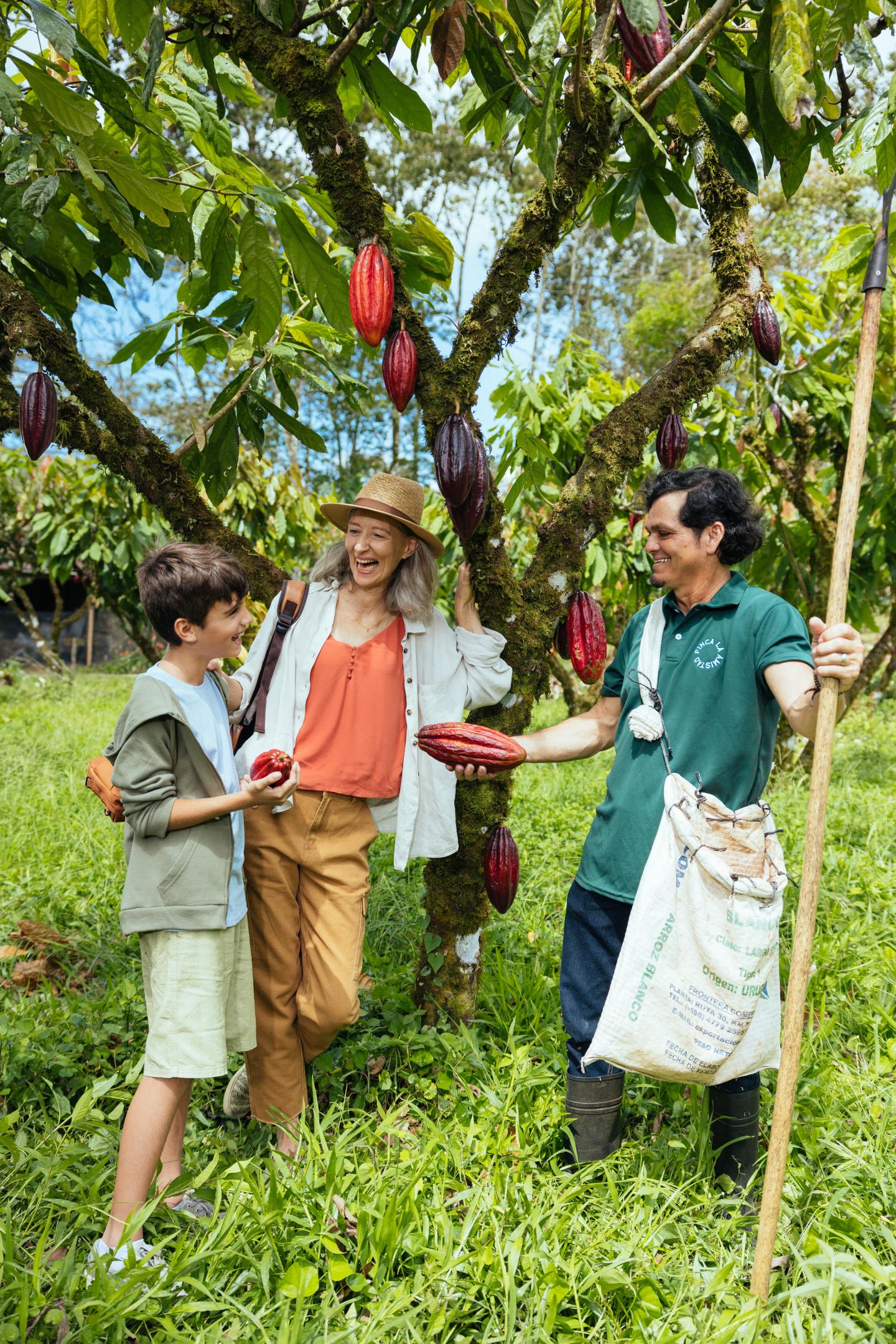Costa Rica's diverse regions
Rich biodiversity, awe-inspiring landscapes and exciting cultural cities all create a wholly rewarding experience in Costa Rica. Our nation is compact and yet within these boundaries you can find a whole world of adventure. Beautiful beaches line the coasts of the Pacific Ocean and the Caribbean Sea. Explore rainforests, volcanoes and mountains, and visit protected national parks and preserves where nature thrives. In between outdoor discoveries, vibrant cities celebrate local cultures, artistic expression and culinary creativity.
travel & lodging
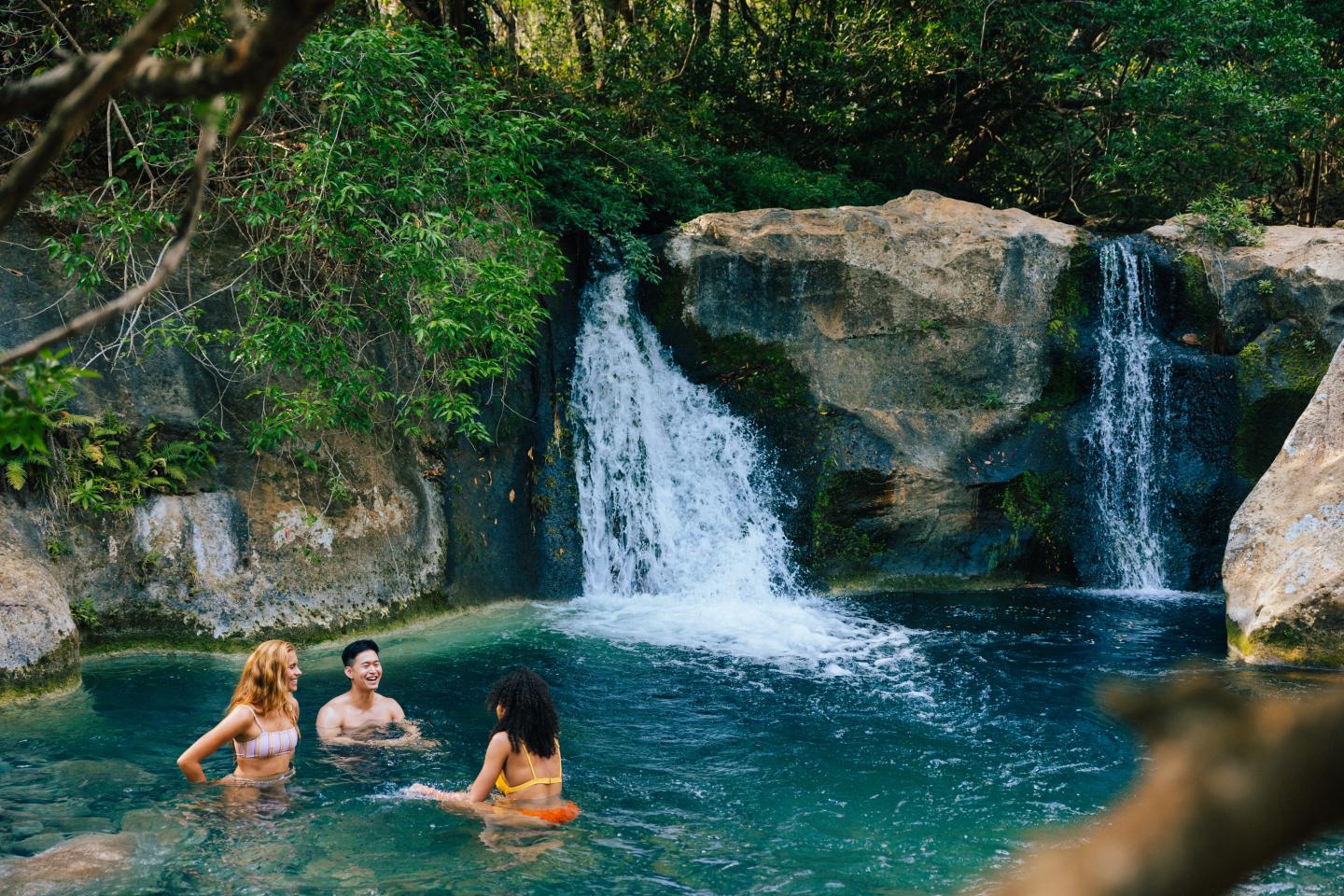
faqs and tips
Yes, a valid passport is mandatory to enter Costa Rica.
Depending on your country of origin, you may enter Costa Rica without a visa. USA, Canada and most European countries enjoy this privilege.
The colón is Costa Rica’s currency. U.S. dollars are also widely accepted.
All major credit cards are widely accepted. ATMs are located throughout the country.
No, with a legal driver’s license you can drive for three months in Costa Rica.
We’d love it! Anyone getting married here must be 18 or older. Nonresidents need the following documents to get married here: original birth certificates, affidavit of single status, police record, valid passport and a divorce decree (if applicable). These documents must follow the authentication procedure before you bring them to Costa Rica.
Costa Rica’s digital nomad program invites international residents to work remotely from the land of pura vida. This program extends a 90-day tourist visa to a full year, with the option to renew for an additional year. (conditions apply).
health and safety
Yes, the water is potable in most of the country. We would only recommend bottled water for a few areas. Bring your reusable water bottle to decrease your footprint while you’re here. When starting your adventure for the day, fill up your bottle before you leave because refill stations may be a long trek to locate.
Travelers from the following countries must have received a yellow fever vaccination certificate: Angola, Ghana, Benin, Burkina Faso, Cameroon, Democratic Republic of the Congo, Gabon, Gambia, Guinea, Liberia, Nigeria, Sierra Leone, Sudan, Bolivia, Venezuela, Brazil, Peru, Colombia, Ecuador and the Republic of Guyana.
Keep your belongings somewhere safe while enjoying the sea or leave them somewhere they can be watched.
Always use reef-safe sunscreen to avoid sunburns.
When possible, don’t swim on your own.
Consult the authorities about the current beach conditions.
Be aware of warning flags on the beach.
Do not enter the ocean if you don’t know how to swim. If you’re surfing as a beginner, stay under the supervision of a qualified instructor.
outdoor excursions
The main difference is the amount of rain. It doesn’t rain as much in the cloud forest as it does in the rainforest. The species of flora and fauna may also differ.
Be sure to bring insect repellent, a raincoat with a hood and a comfortable pair of hiking boots.
You can practice at Pacuare, Reventazón, Corobici, Sarapiqui, Naranjo and Savegre Rivers.
You can see sea turtles in Tortuguero National Park on the Caribbean coast or Las Baulas National Marine Park on the Pacific coast.
Cahuita National Park, Carara National Park, Manuel Antonio National Park, Santa Rosa National Park, Arenal Volcano National Park, Irazu Volcano National Park, Poás Volcano National Park, Gandoca-Manzanillo National Wildlife Refuge, and Caño Negro Mixed National Wildlife Refuge offer wheelchair access.
Il Viaggio offers special trips for visitors who need added consideration.






